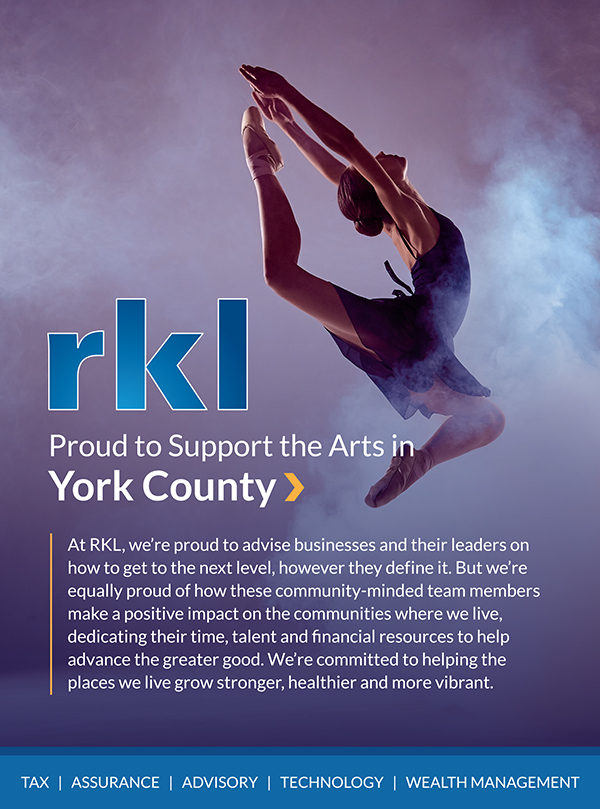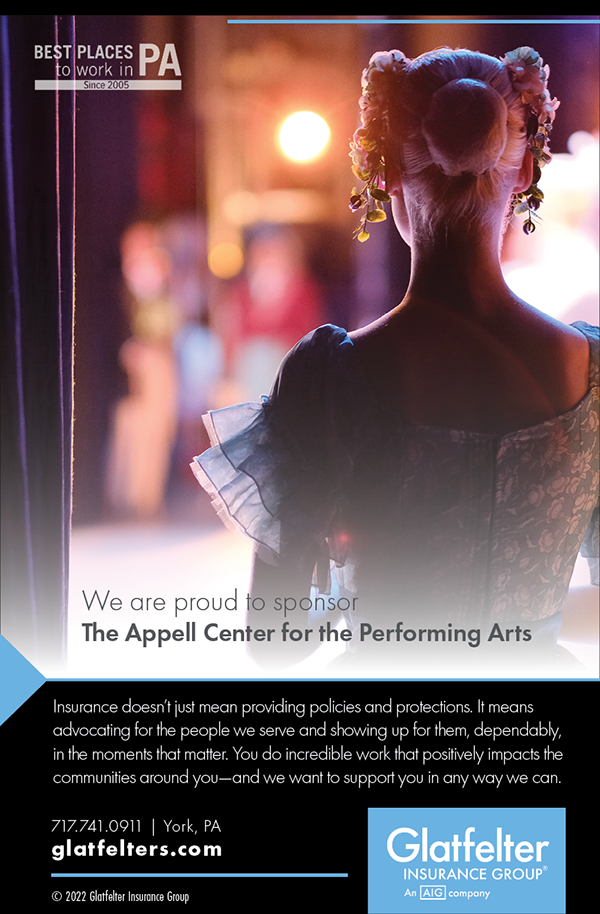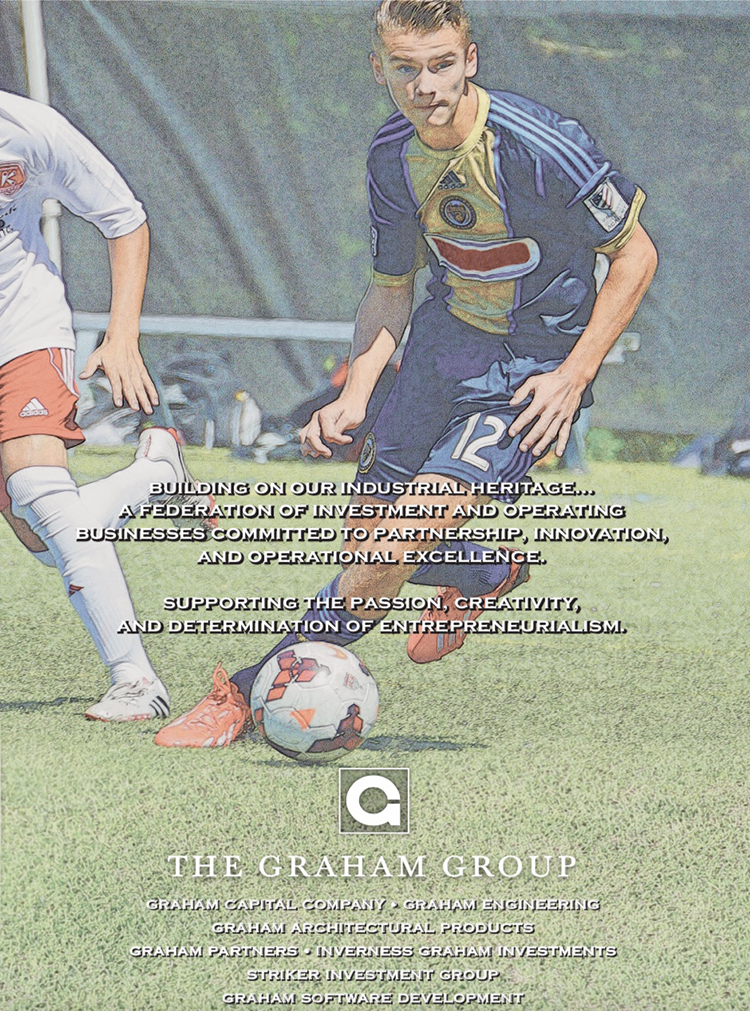WXPN Welcomes
The Wallflowers
Strand Theatre
Saturday, April 29, 2023 | 7:30PM
The taking of photographs and videos during the performance is prohibited.
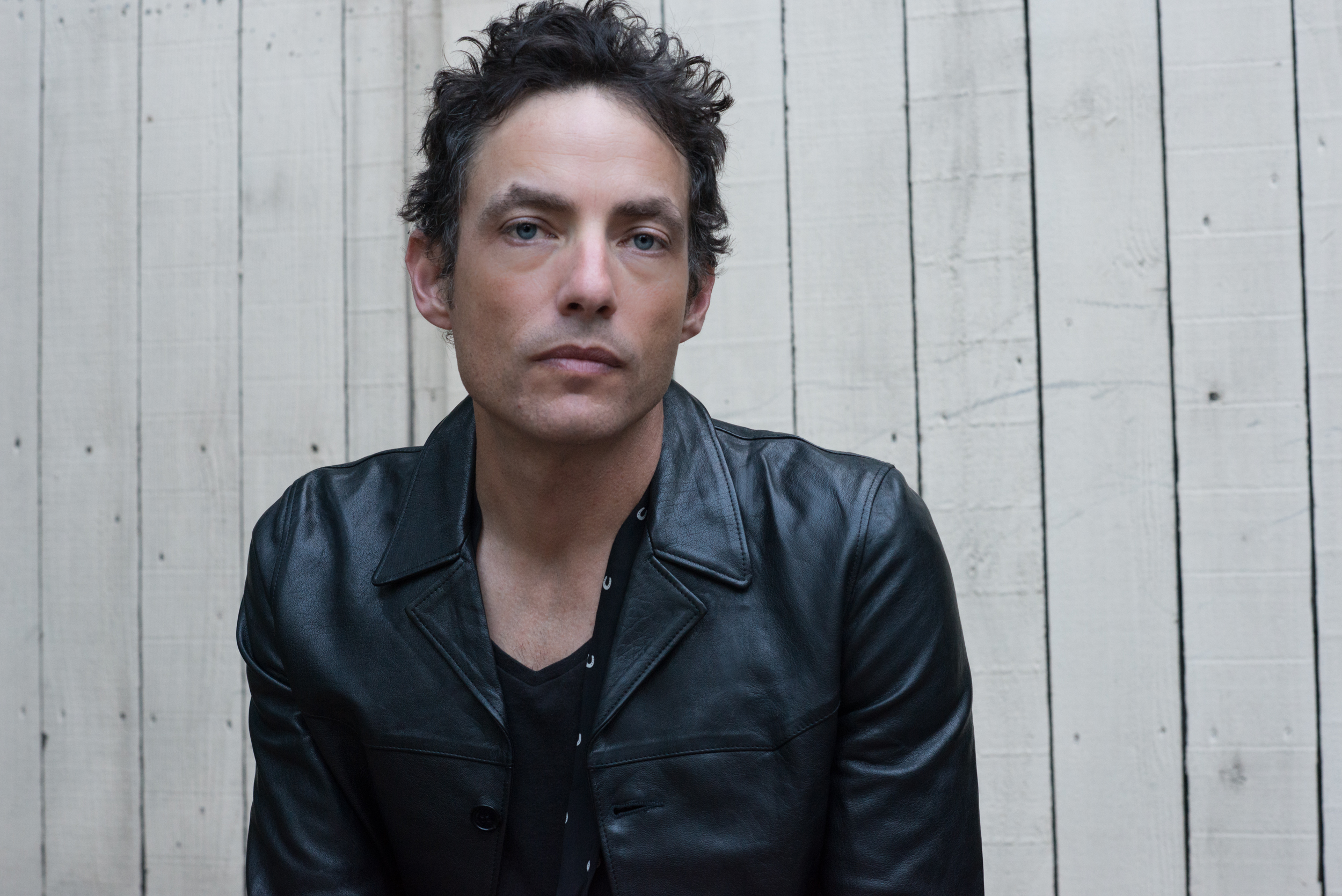
THE WALLFLOWERS
Rock ‘n’ roll is often hard to define, or even to find, in these fractured musical times. But to paraphrase an old saying, you know it when you hear it.
And you always hear it with the Wallflowers. For the past 30 years, the Jakob Dylan-led act has stood as one of rock’s most dynamic and purposeful bands – a unit dedicated to and continually honing a sound that meshes timeless songwriting and storytelling with a hard-hitting and decidedly modern musical attack. That signature style has been present through the decades, baked into the grooves of smash hits like 1996’s Bringing Down the Horse as well as more recent and exploratory fare like 2012’s Glad All Over
Even so, in recent years, Dylan—the Wallflowers’ founding singer, songwriter and guitarist—has repeatedly stepped outside of his band, first with a pair of more acoustic and rootsy records, 2008’s Seeing Things and 2010’s Women + Country , and then with the 2018 film Echo in the Canyon and the accompanying soundtrack, which saw him collaborate with a host of artists classic and contemporary, from Neil Young and Eric Clapton to Beck and Fiona Apple.
But while it’s been nine long years since we’ve heard from the group with whom he first made his mark, The Wallflowers are silent no more. And Dylan always knew they’d return.
“The Wallflowers is much of my life’s work,” he says simply. Plus, he adds with a laugh, “It’s pretty hard to get a good band name, so if you have one, keep it.”
Good band name aside, that life’s work continues with Exit Wounds, the brand-new Wallflowers studio offering. The collection marks the first new Wallflowers material since Glad All Over. And while the wait has been long, the much-anticipated record finds the band’s signature sound—lean, potent and eminently entrancing—intact, even as Dylan surrounds himself with a fresh cast of musicians.
Which, the front man is quick to point out, is not all that unusual.
“The Wallflowers has always been a vehicle for me to make great rock ‘n’ roll records,” he says. “And sometimes the lineup that makes the record transfers over into touring, and sometimes it doesn’t. But my intention is always to make the Wallflowers record I want to make, using the musicians I have beside me.”
Dylan’s vision has always been the core of The Wallflowers’ music. How he chooses to express that vision, however, is what makes a song a Wallflowers song.
“I usually just let the songs tell me what kind of arrangements they need,” he says. “And if they're asking for full-band electric arrangements, then that’s what the Wallflowers provide. And I knew I wanted to make a full-band electric record this time out.”
And made one he has, with one special guest on board—Shelby Lynne, who lends her voice to three of the album’s tracks.
“I hadn’t met Shelby before, but like most people, I’ve been a fan of hers for quite some time,” Dylan says. “She has one of those voices that's very uncommon, very unique, very rare.”
But there was more to their duet than just mutual appreciation. “You can have your favorite singer come in, but it doesn’t mean you’ll have any connection… there has to be more than that,” Dylan continues. “And as soon as I heard Shelby sing, I knew we had something.”
That “something” is present throughout Exit Wounds, which, true to its title, is an ode to people—individual and collective—that have, to put it mildly, been through some stuff.
“I think everybody – no matter what side of the aisle you’re on—wherever we’re going to next, we're all taking a lot of exit wounds with us,” Dylan says. “Nobody is the same as they were four years ago. That, to me, is what Exit Wounds signifies. And it's not meant to be negative at all. It just means that wherever you’re headed, even if it’s to a better place, you leave people and things behind, and you think about those people and those things and you carry them with you. Those are your exit wounds. And right now, we’re all swimming in them.”
To be sure, Exit Wounds is populated by scarred souls that “used to rumble, used to roar,” of “nobodies drinking flat beer,” and those who’ve been “abandoned and locked out and pressed to the fire.” Throughout, Dylan’s lyrics are specked with images of spears and swords and battle-worn flags being raised, of wayward buses and battered ships, riderless horses and lost planes.
Of course, ask Dylan what these songs are about, and, well, like most practiced songwriters, he’s not going to tell you.
“I'm always a little cautious when people ask that,” he says. “Not because it demystifies the songs, but more because I think it's belittling to the listener to have to be ‘told.’ I
usually find that if you have to do that for someone, you probably didn't hit your mark.”
That said, Dylan will at least acknowledge that the tracks on Exit Wounds reflect the tumultuous times in which they were written.
“The climate affects how you feel, which affects how you're writing songs, even if you’re not writing specifically about current events.” He turns to the late John Prine to illustrate his point. “If we still had John Prine, I don't think he'd be writing songs specifically about current affairs, but he'd probably be writing songs about characters affected by current affairs. I think that's mostly what I do.”
As far as Exit Wounds, Dylan continues, “I’m the same writer I’ve always been—I was just also writing during a time when the world felt like it was falling apart. That changes the way you address even the simplest things, because you have panic in your mind all the time. You have anxiety. And you also have hope. And it’s all in there.”
For Dylan, Exit Wounds is the next chapter in a career devoted to chasing and capturing magic.
“I came up in an era of great rock ‘n’ roll bands making great music, and it’s the way I
always imagined I would do it one day,” he says. “So that’s always been my vision with The Wallflowers—to be a great rock ‘n’ roll band. I've worked on it for 30 years now and I still have a lot to say. It’s something I started a long time ago, and it’s far from finished.”
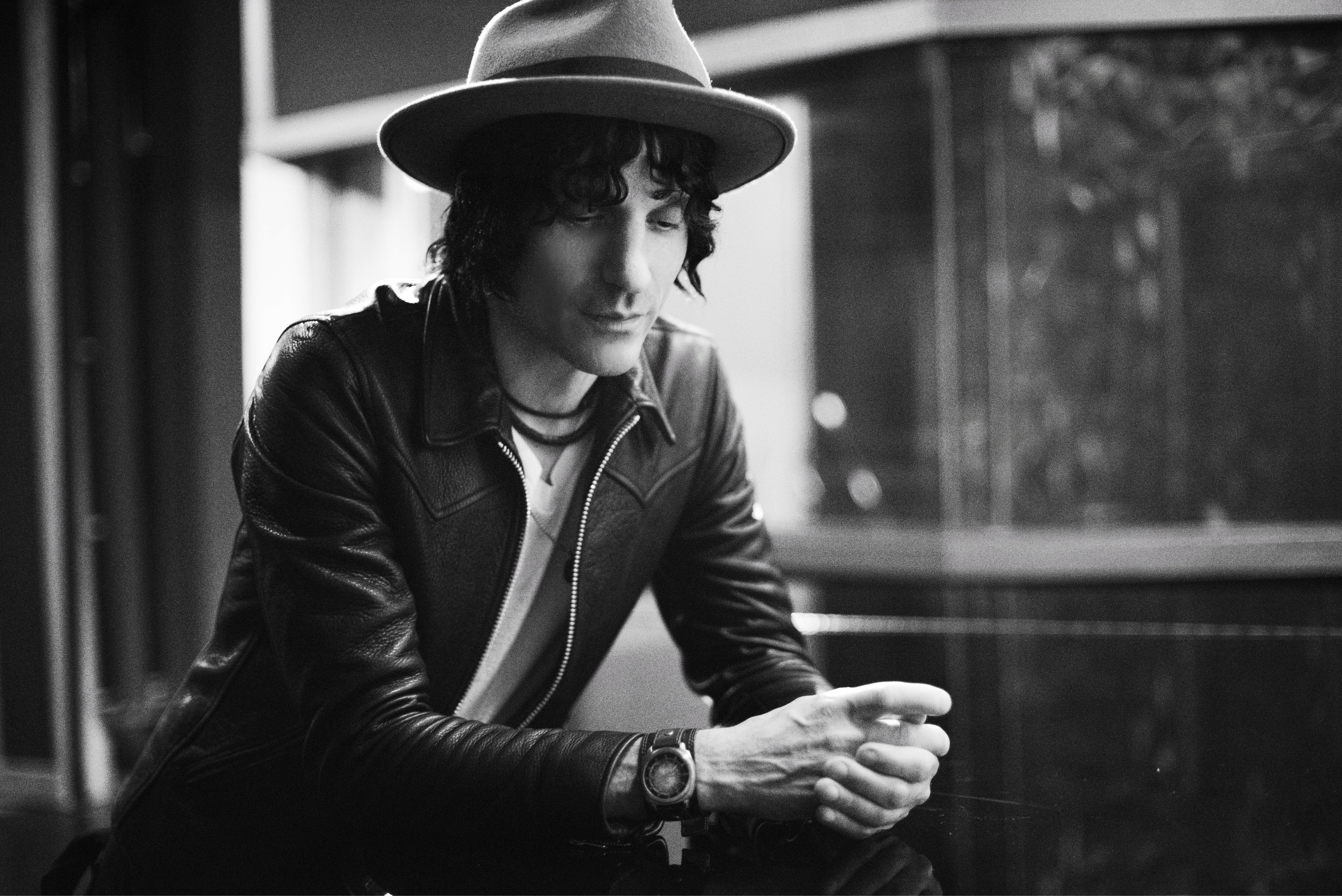
JESSE MALIN
Described by Uncut as a “fearless storyteller,” native New York singer-songwriter Jesse Malin’s music has always been about rebirth and redemption, from his teenage years in the pioneering hardcore band Heart Attack, to fronting the wild and beloved D Generation and his celebrated, storied solo career. Malin’s acclaimed 2019 album Sunset Kids was produced by Lucinda Williams and Tom Overby and his latest Sad and Beautiful World “is for those who pick up the pieces and find beauty in the madness,” he says. “I always find a way to dance through the flames.”
In 2023, Malin released an expanded 20th anniversary reissue of his acclaimed debut The Fine Art of Self Destruction, including a newly recorded, reimagined version of the full album.
Here’s what the critics have to say about Jesse…
"These new versions bring a fresh approach to material written at a crucial time of his life as he was pursuing a solo course on which he remains.” - American Songwriter.
“Jesse’s a genius. He scares me he’s so good.”—Ryan Adams
“An instant classic…one of those records that sounds like you’ve been listening to all your life.”—Allen Jones, Uncut
“The best album anyone has made this year.”—Adam Duritz, Counting Crows
“His beautiful heartbreaking tunes and elegant twists of seen-it-all poesy make Malin the next in line to carry the Village Troubadour torch.”—Village Voice
